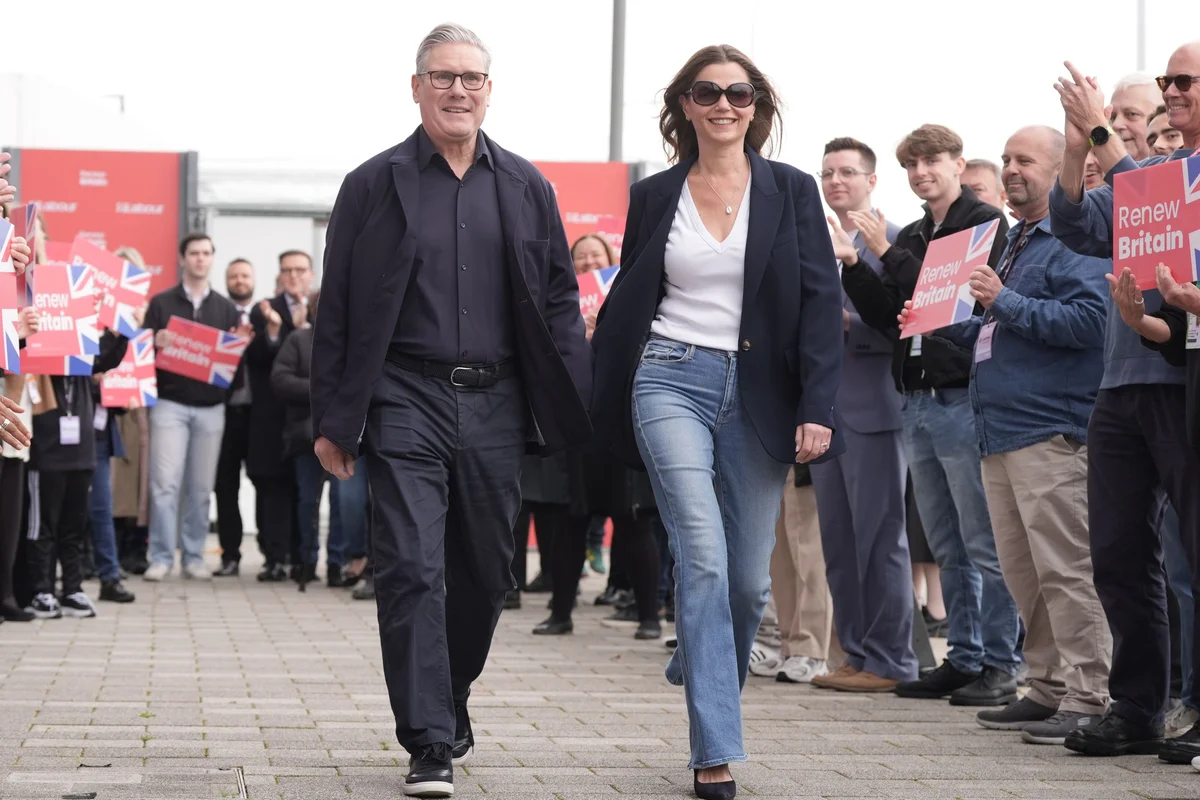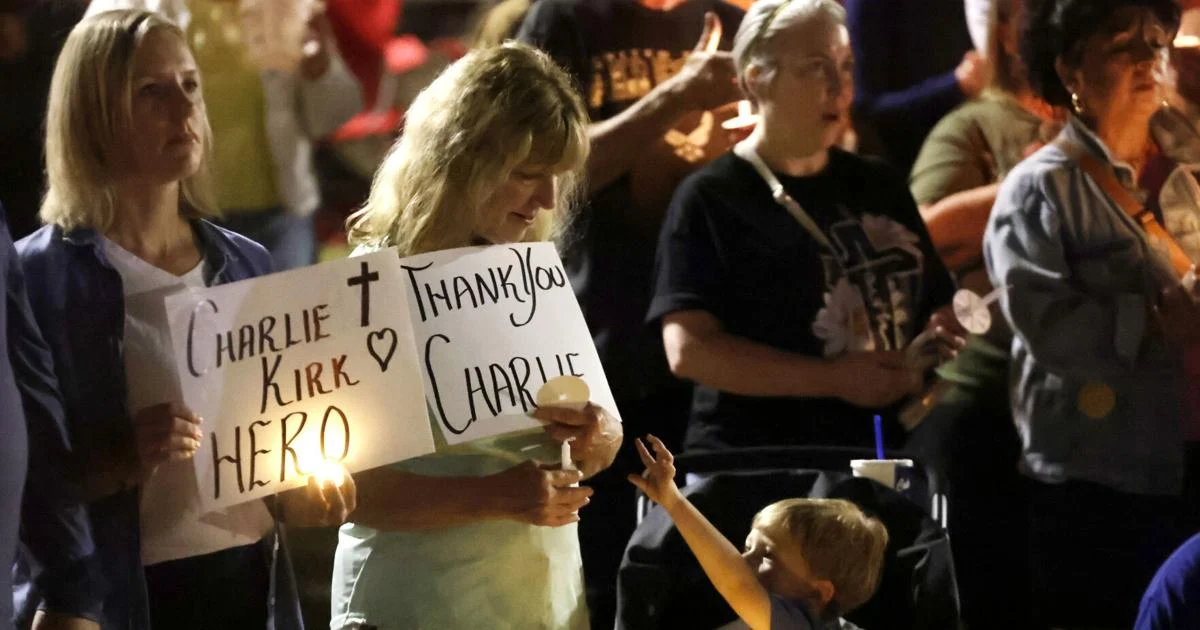By John Rentoul
Copyright independent

The Peter Mandelson Memorial Dim Sum Supper Club met in emergency session last night, prompted by our hero’s third fall from grace. We are a group of friends who were lunching in a Chinese restaurant when Mandelson resigned as business secretary just before Christmas in 1998. By coincidence, we were doing the same when he resigned again, as Northern Ireland secretary, in January 2001.
Since then, we have gathered at the turn of each year to make predictions about politics that have appeared in The Independent. Our forecasts have been noticed by David Cameron and Keir Starmer – as a way of boasting about how we got them wrong. We predicted a hung parliament in both the 2015 and 2024 elections.
We persevere, however. So when Lord Mandelson was sacked as our ambassador to Washington two weeks ago, we felt duty-bound to reconvene in his honour to mark the occasion and to update our forecast.
At this point, I expected to write about the demise of the Conservative Party and its replacement by Reform, which I think is an underappreciated historic change that is happening before our eyes. But what emerged over aromatic crispy duck and prawn dumplings was a different and more surprising story.
It turned out that the unanimous view of the assembled company was that Labour would be the largest party after the next election and that a Labour prime minister would form the next government. The majority view (which I shared, although I had not expected to) was that Starmer would be that prime minister. The minority predicted that it would be “someone else”, although they were unable to say who it would be.
The surprising part of the reasoning was that Shabana Mahmood, the new home secretary, would stop the boats “because she has to”. We were not sure how she would do it, but the view was that she would reduce the cross-Channel traffic to the point where it was “out of the headlines” – getting the numbers down to below 10,000 a year, as opposed to 45,000 now – because she and Starmer know that the government’s survival depends on it.
I was expecting the majority view to be that, just because politicians realise that they have to do something, doesn’t mean that they will. Rishi Sunak, for example, had to stop the boats and failed – although he had less time and other problems, including the fact that the Tories had broken their promise on legal immigration as well.
So the unanimous view, although it was a close call, was that we thought Labour would win the next election. This was despite predicting that Labour would lose ground in Scotland and Wales in the elections next year. We thought that the Scottish National Party would continue as a minority government, because Reform’s advance would mean there was no sustainable alternative.
And we predicted that Rhun ap Iorwerth, the Plaid Cymru leader, would emerge as first minister of Wales after the Senedd elections next year, at the head of an anti-Reform alliance, including Labour and the Lib Dems.
In the next general election, probably in 2029 (although there was one vote for 2028), we predicted – again – a hung parliament, and that a Labour government, supported by the Liberal Democrats, would be the result.
We thought that this Lab-Lib arrangement would be looser than a coalition, because Ed Davey’s party has learned the lesson of last time, even if his hankering after a ministerial red box was so obvious as to be embarrassing.
We spent a long time discussing who might replace Starmer as Labour leader. We thought Andy Burnham would not be an MP by the time of the next general election, even after the end of his term as mayor of Greater Manchester in 2028. We were divided over the return to government of Angela Rayner (“Keir hates her;” “What’s that got to do with it?”), but didn’t think she would be prime minister.
We thought Wes Streeting would make progress in improving the NHS towards the end of this parliament, but that Labour members would still regard him as too Blairite to elect him leader, and that he or Darren Jones would be more likely to replace Rachel Reeves as chancellor.
Although the majority thought that Starmer would survive, the minority argued that he was so irredeemably unpopular that “an answer would be found” to the question of who would replace him.
The unanimous view, however, although it was touch and go, was that Farage would not be prime minister. One diner even said “we may be at peak Farage”, which is a phrase I haven’t heard for a while. One of the consequences of this was that I was outvoted on the question of which of the Tories and Reform would win more seats.
I think that it is over for the Conservative Party and that it will be replaced at the next election by Reform, but the majority view – my notes were stuck together with some of the sauces – was that the Tories would come out ahead. This was not just a matter of Labour taking away Reform’s main issue, the small boats, but of “Farage’s unique ability to mess up, and his unique inability to work with others”.
The majority view was that Robert Jenrick would lead the Tories into the next election, whereas my prediction is that he and other possible Tory leaders, such as Katie Lam, the new MP for Weald of Kent, will defect to Reform once the eclipse of the Tories becomes inescapable.
Of course, “events” will intervene, and all this will change. The equivalent of financial crashes, pandemics and wars will disrupt our assumptions. But as the skies darken over Liverpool for Starmer, facing a difficult party conference followed by a traumatic Budget, it is still possible to see how he might survive – and even win a second term as prime minister.



